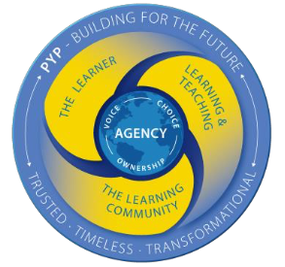
As a lot of PYP educators right now, I am researching and reading about agency in the classroom. The IBO has announced a stronger emphasis on student agency, which I believe is fantastic. I am looking forward to their next publication about "The Learner" to understand more about how they feel this could be expressed in schools.
As we fight through this tangled web of what it actually means for students to have agency, I would like to share my thoughts on what agency is and is not. I cannot find an overwhelming amount of tried and true resources about this yet, but feel like they are coming. Comments, ideas, and links are more than welcomed
What is agency NOT?
Agency is not slotting students into classes at specific times in the week, when they may feel unfit to perform a certain task or execute a certain activity just because you say it is time for them to do it. Exposure to a number of subjects and tasks, of course, but not forcing students in a rigid way. I am not even sure that simply providing structured choice is enough. It merely scratches the surface, making it look like the students are inquiring into their interests when really their teacher has still provided the information. Are they making any real decisions? Taking any real responsibility for what they are learning? Agency is not a checklist or ladder which the students work their way through at their own pace. This may be individualised in terms of ability, but it is definitely not personalised by interest or skill. It does not inspire students to be creative, to pursue their passions, to have an outlet of choice, or to become individuals ready for the real world. Do you have a daily checklist for life that you work though in an order prescribed to you by someone else who doesn't know your name? Doubtful.
So what IS agency?
In my eyes, agency is ownership. It is taking responsibility for their learning in the most independent way possible (of course this means small steps and scaffolding to get there). When students leave school, what do they need to be able to do? They need to be able to plan their day. To choose how to use their time. To gain knowledge in areas relevant and interesting to them. To express themselves in a variety of ways (of their choice). To use technology to assist their learning, scheduling, and communication. To be a responsible adult. My question then, is why schools are pushing a format which so clearly is not preparation for these things? What can we do as educators to break this pattern, and help students become fully prepared citizens? I hope that the IBO publications coming out over the next year will help us move along this journey.
0 Comments
Your comment will be posted after it is approved.
Leave a Reply. |
Cindy KaardalPassionate Educator and Innovation Coach. Archives
July 2024
Categories
All
|
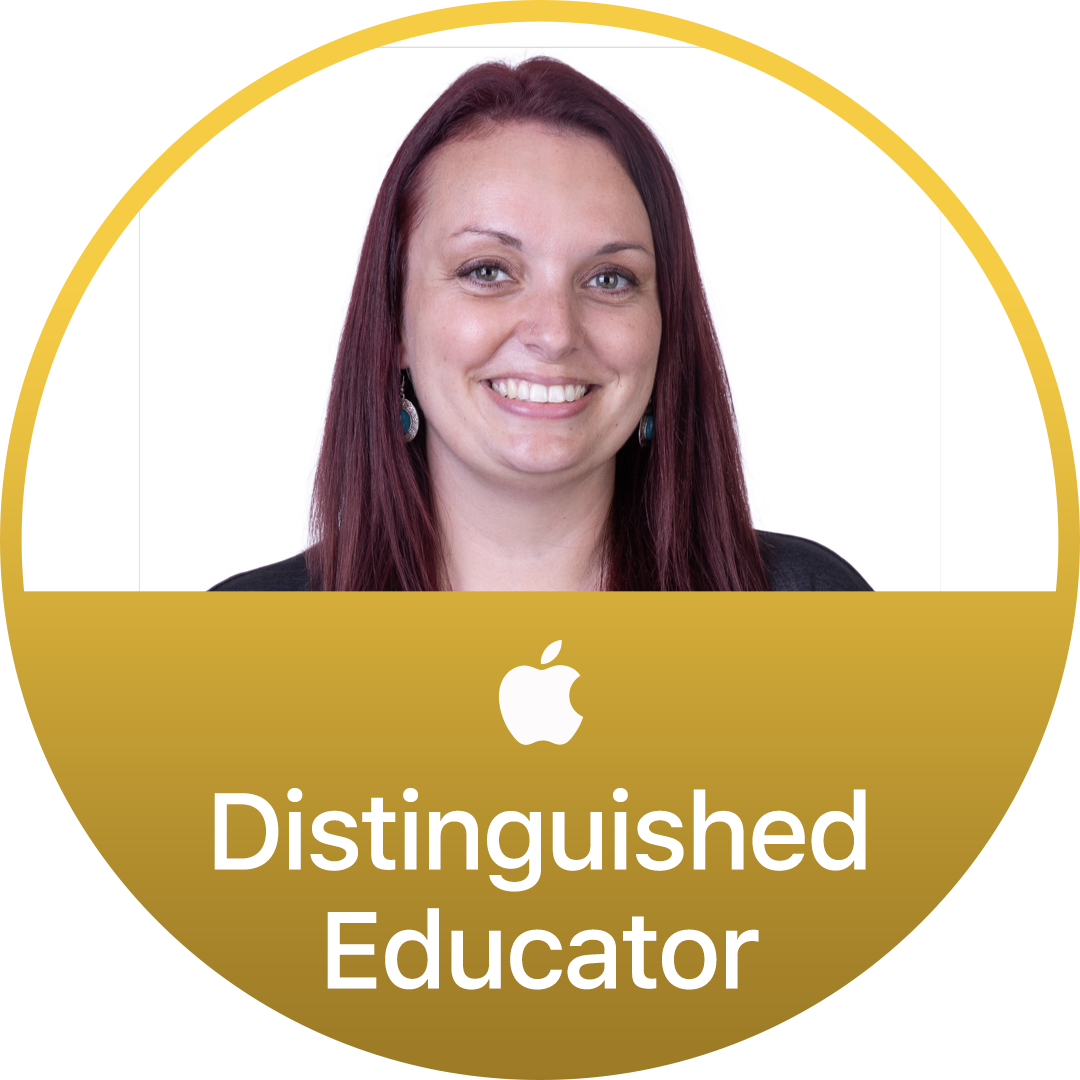


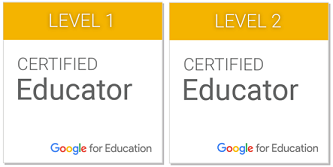
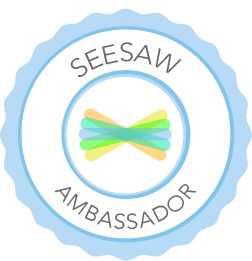
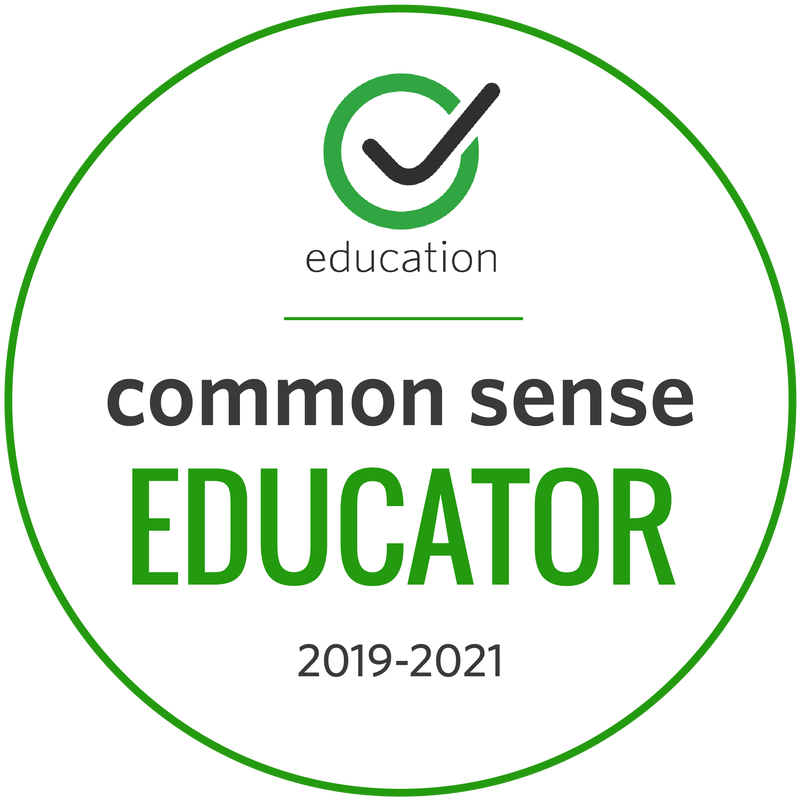
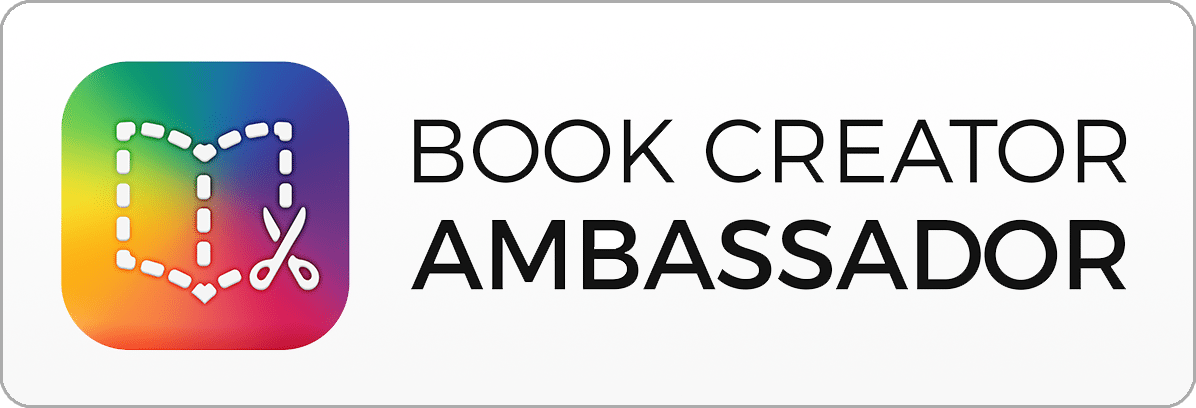

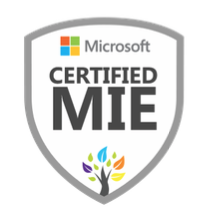
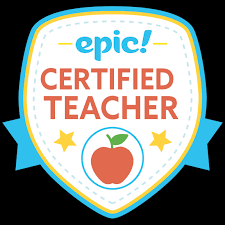

 RSS Feed
RSS Feed